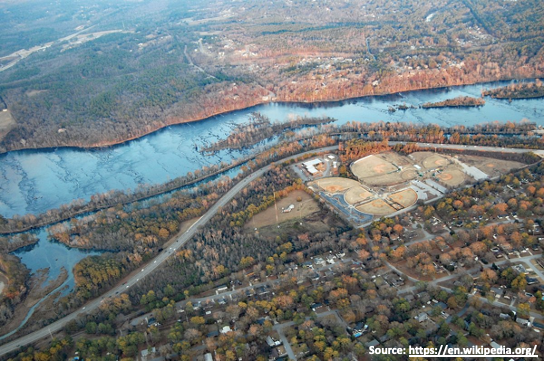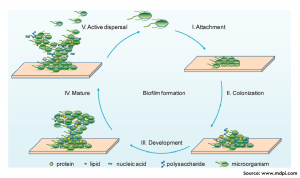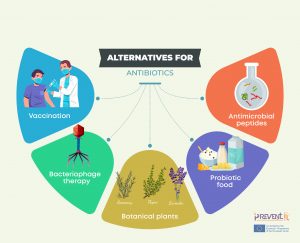In order to regulate the dissemination of antibiotic resistance, a better understanding of factors that trigger the emergence of antibiotic resistance is crucial.
The presence of antibiotics in the environment exhibit selection pressure on the microorganisms and accelerates their ability to resist several classes of antibiotics. However, antibiotics are not the only factor in selection pressure.
A study led by Jesse C. Thomas Department of Environmental Health Science, University of Georgia, USA displayed a strong association between the heavy metal and radioactive soil pollution and the antibiotic resistance of bacteria present in that soil. The study used microbiome and metagenomic analysis to examine soil polluted with pristine, heavy metals and radionuclides at the Savannah River Site.
The study revealed that specific bacteria are differentially affected by heavy metal and radionuclide contamination in the soil. It was demonstrated that the presence of pollutants in the soil plays an important role in the spread and maintenance of antimicrobial resistance. The study found that multidrug and vancomycin antibiotic resistance genes (ARGs) and metal resistance genes (MRGs) are predominantly associated with soil containing high or low heavy metals and radionuclide.
In brief, the study highlights the impact of human activities on the dissemination of antimicrobial resistance in the environment.
To read more: click this link







